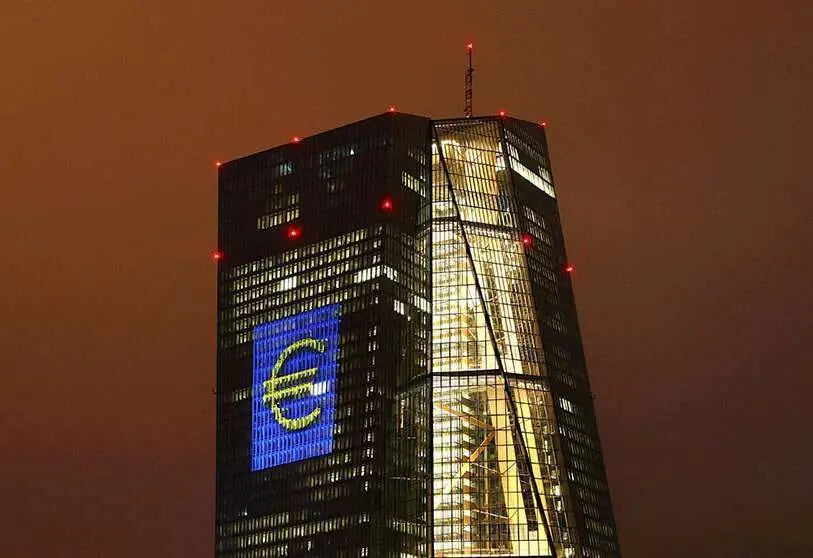Debt, the other black legend

The fracture in Europe could be irreversible if a pact for the recovery from the formidable crisis unleashed by the COVID-19 is not finally reached. As always when there is talk of putting money on the table, the anger rises when those who have most to contribute reproach those who have most to receive for their supposed and persistent tendency to waste.
This is where we are at the moment in the negotiations, and where the dividing line between donors and recipients of this Community fund, which has yet to be created, but above all to be fed, appears to be fully defined in the imagination of the European citizens. In short, a border with the common denominator of a gigantic new debt, with the north' playing the role of the sullen creditor and the south' playing that of the recalcitrant debtor.
No one today, not even those affected, would deny the cliché of a Calvinist, hard-working and extremely thrifty European north, as opposed to a living, breathing south, fanatical about subsidies and with cobwebs in the piggy bank. The image was further enhanced when the British and Dutch coined and disseminated the acronym PIGS (pigs), to define the quartet in Portugal, Italy, Greece and Spain. A full-blown black legend, which, like the original, poured all the crap of the Inquisition on Spain, covering up the persecutions, executions and bloody witch hunts all over Europe that went far beyond the alleged Spanish excesses.
The supposed “good guy” of the current film, The Netherlands, is portrayed as the paradigm of good sense and good government, and its finance minister, Wopke Hoekstra, as the earthly embodiment of Calvinist virtues. But, in this hour when so much is taken for granted, two French professors and researchers, Dany Lang and Isabelle Salle of the Sorbonne and the Amsterdam School of Economics, respectively, have taken the trouble to analyze and contrast the data and figures on the debt with surprising results.
In their analysis, published in Le Figaro, it turns out that the Netherlands would be the most indebted in the euro zone and second in the world after Denmark, thanks to its huge private debt. Indeed according to the OECD's 2018 classification Dutch households' debt represents 239% of GDP, followed by Portugal (127%), France (121%), Spain (107%), Greece (106%), Germany (95%) and Italy (87%).
The surprise increases when it is added to the indebtedness of households, companies and the State itself. And in that classification, although it is Portugal that leads the ranking with 322% of its GDP, followed by France (304%), the Netherlands comes in third place paired with Greece (both with 294%), ahead of Spain (275%), Italy (265%) and Angela Merkel's virtuous Germany (179%), all figures compiled by the McKinsey consulting firm, where Hoekstra himself served before becoming the powerful finance minister of The Hague.
It is true that the volume of Dutch state debt is significantly lower than those of Greece, Italy, Spain, Portugal and France, in that order, but it is also true that the Netherlands is creating a good part of its unbridled prosperity by acting as a tax haven within the European Union itself. Lang and Salle estimate that there are 15,000 so-called “letterbox companies”, i.e. companies with only one address, generally located in a consultancy or law firm, but with no activity or employees in the Netherlands. Such firms would manage assets of 4.5 trillion euros, the equivalent of five times the Dutch GDP and three times more than the 1.5 trillion euros that Spain is proposing for the reconstruction fund. There we find names as resounding as Airbus, whose production factories are divided between France, Spain and Germany, or the French-Japanese conglomerate Renault-Nissan-Mitsubishi.
Of course, revealing that not everything is a virtue on Dutch soil does not excuse the more than obvious vices that afflict southern Europe, which, incidentally, also stands up remarkably well to comparison in terms of the effectiveness of their respective health systems. In this pandemic, it has become clear that the Netherlands spends 50% more on health than Italy or Spain, despite having less than half the number of hospital beds than Italy or Spain, and almost a third fewer ICUs. As a result, neighbouring Germany has had to treat more than 50 critically ill Dutch people in its hospitals.

